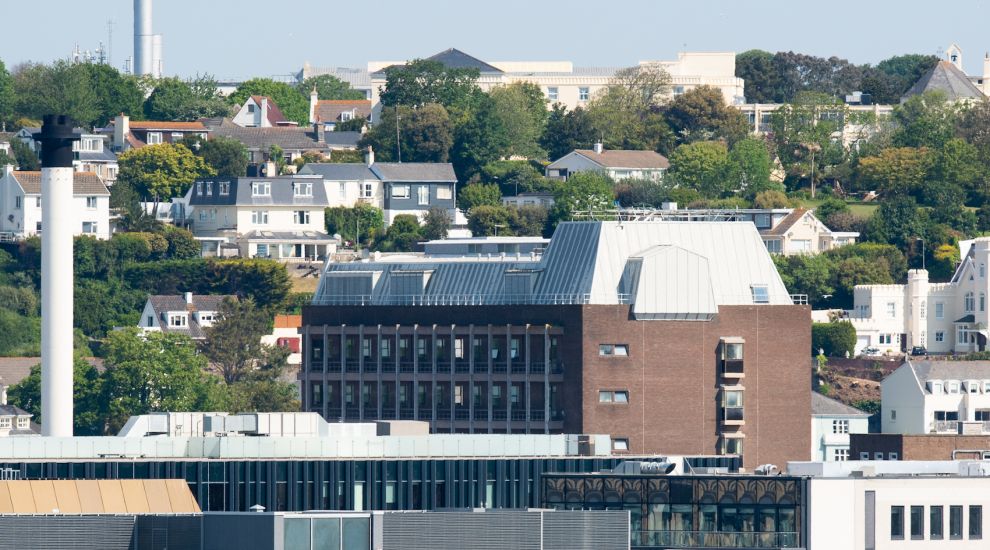


Tourists and non-eligible residents will see a 6.6% average rise in their medical fees this year "to account for medical inflation and similar increases in cost in neighbouring jurisdictions".
Since the year 2000, the maximum annual fee increase for States services has been fixed at 2.5% – and exceptions are allowed in "extremely compelling cases only".
However, former Health Minister Karen Wilson signed off on a 6.6% average rise which came into effect on 1 January 2024.
The Tariff applies to patients who are, for example, tourists without a reciprocal health agreement and non-eligible residents that use Jersey's Health services.
Non-eligible residents include those who have lived in the island for under six months, and are not yet eligible for health card.
Although the average increase for non-eligible patients is 6.6%, the percentage increase across different treatments varies significantly – the largest being a 15.9% increase on diabetes services.
With the smallest increase being 2.7% on maxillofacial surgery, all of the percentage increases are above the 2.5% maximum annual fee increase stipulated in the Anti-Inflation Strategy in 2000.
A report outlining the decision justified the uplift by explaining that the tariff has not been increased since 2021, and "is now recommended that it is increased to account for medical inflation and similar increases in cost in neighbouring jurisdictions".
It is estimated that this increase will generate an extra £8,000 per year for the Health department.
Health and Community Services said: “The Government of Jersey decided the price of care needs to be increased for non-eligible patients.
“We used the NHS tariff, which is a detailed and evidence based, comprehensive tool."
Express also asked why the percentage increase across different treatments varies significantly – for example, the 2.7% increase on maxillofacial surgery compared to the 15.9% rise for diabetes services.
The Health department explained that "some specialities/treatments are simply more expensive than others to provide”.
Comments
Comments on this story express the views of the commentator only, not Bailiwick Publishing. We are unable to guarantee the accuracy of any of those comments.